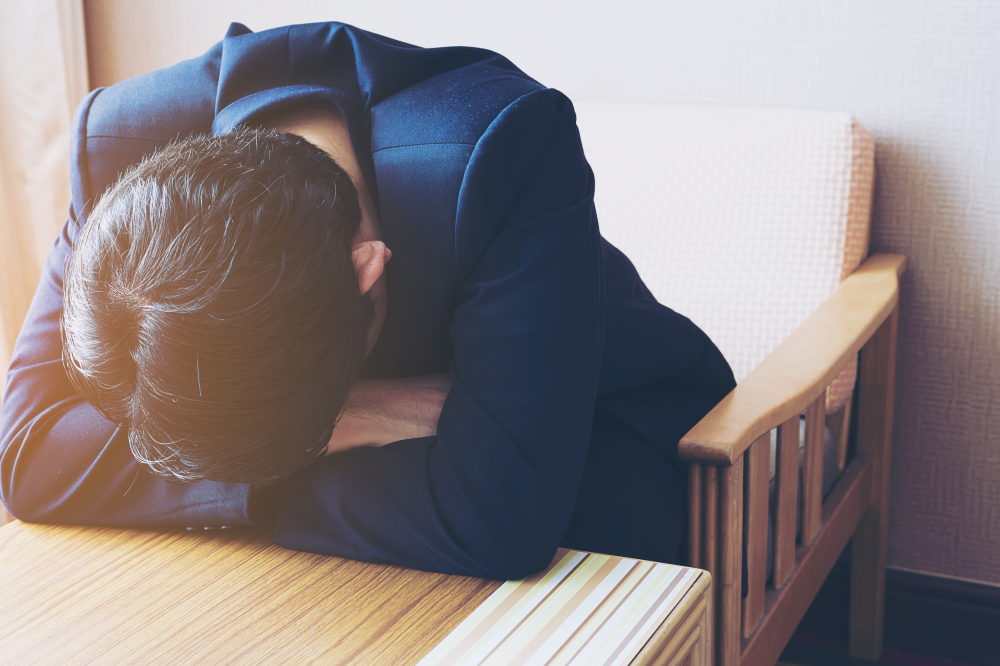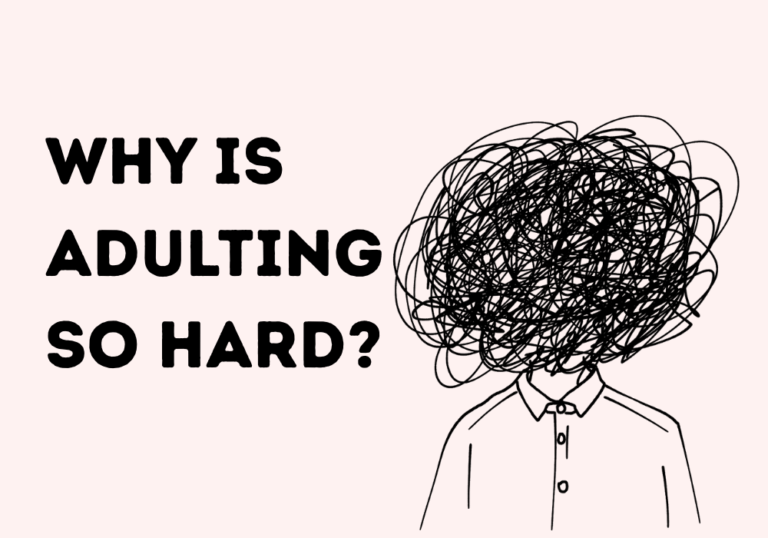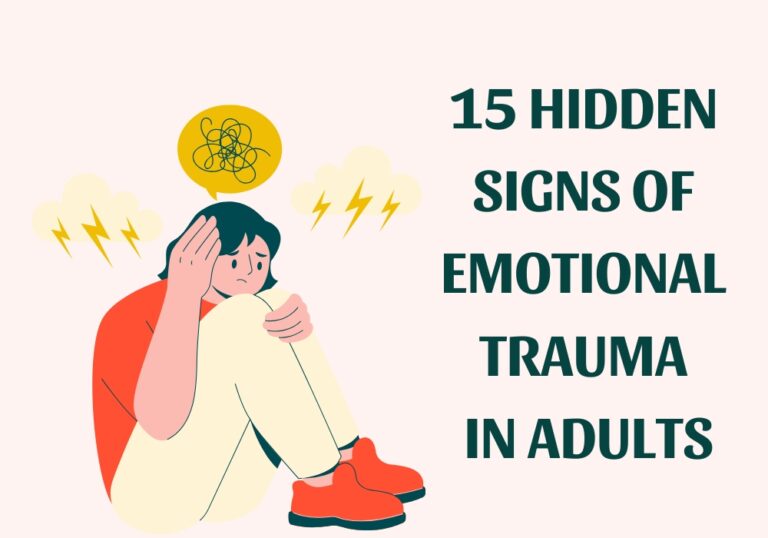What is restlessness?
When you’re constantly restless, it’s difficult to be productive or comfortable. More often than not, it also leads to feeling distressed. In other words, restlessness can have a negative impact on your ability to achieve your goals.
Everyone has felt the familiar feeling of restlessness at some point in their life.
Feeling restless all the time can come from feeling like you’re not reaching your potential.
If you’re feeling restless, here are some things that might help:
1-Make time for things you enjoy:
If you want to be productive when your willpower is running low, try putting some of your favorite job tasks, or maybe even some time learning new skills, at the end of each day. Not only will this give you something to look forward to, but it’ll also make you more motivated to work the next day.
Related:How to Find Joy in the Small Things ?
2-Meditate:
Meditation can help to train the mind to ignore impulses and remain calmer and focused during periods of anxiety or stress.
Meditation provides a number of benefits and is a potent enough technique to manage the stress response in the body. If you meditate every day, it will help you to live in the present moment. You will be able to distance yourself from feelings of restlessness and anxiety and return to a state of normalcy. If you want to be good at managing your emotions, it’s important to make meditation part of your daily routine.
Related: How Meditation Will Change Your Life?
3-Take a timeout :
The feeling of restlessness can come from too much work or too much routine. To combat this, our brain needs novelty and our bodies need rest. So, take a break from whatever you’re doing and do something you enjoy. Take a walk, have a nap, or go and try something new. When you take some time for yourself without worrying about your problems, you will come back with more energy and be better equipped to handle the situation.
4-Set an end time:
We often spend a lot of time working and doing chores. If a task requires a whole day, it will take a whole day. If a task only requires one hour, those one hour will be used.
If you’re feeling restless, a good tip is to set a deadline to get yourself to start taking action. That’ll help you get going right away. Just make sure you respect the deadline you set for yourself and stop work when you said you would.
5-Track Your Moods :
By taking note of your moods, you can also start to gain a better understanding of yourself. For example, next time you find yourself aimlessly wandering around, take a minute to ask yourself how you feel.
Developing a better understanding of your emotional state can assist you in formulating healthier coping mechanisms for when you experience distress. You might choose to confront anxiety-provoking situations directly or you might elect to find a hobby as a proactive measure against boredom.
Related:25 Simple Ways to Boost Your Mood
6-Improve Your Sleep :
Just as our external environment is important, so too is our internal environment. sleep and mental health are closely linked. Sleep is essential for our mental, physical, and emotional well-being. Review your sleep rituals, for example, the time before you go to bed and after you wake up. Good sleep hygiene is essential to getting a good night’s sleep, so turn off your devices at least an hour before bed and keep your bedroom comfortable.
Related:Sleep Deprivation: Symptoms, Causes & 10 Effects
7-Make a plan:
A lot of the restlessness we feel in our personal and professional lives is because we feel like things aren’t going the way we planned. Even if the circumstances are out of our control, we can still make a plan to get things back on track.
Related:How To Plan Your Day in 15 Steps
8-Exercise:
Exercise is a recommended approach to managing many mental health concerns, and it is an important part of an overall healthy lifestyle. Engaging in exercise, like going for walks or jogs, can help avoid feelings of restlessness and has the added benefit of improving physical health by decreasing the chance of developing diabetes or high blood pressure, Exercise can provide an outlet for energy release and improved symptoms for those who constantly experience anxiety-related restlessness and a lot of other benefits.
9-Visualization:
Visualization is useful for those who experience anxiety and restlessness. It is the act of picturing oneself in a peaceful, serene, and safe place. Transporting oneself mentally to this place can serve as a great distraction and allow for the mind and body to feel calmer.
10-Find a new path:
If you’re feeling restless, it might be because you need to make a change in your life. If you’re stuck in a rut at work or you’re not working towards your goals, that could be why. If you’re feeling restless, making a change can help, even if it’s a small one.








